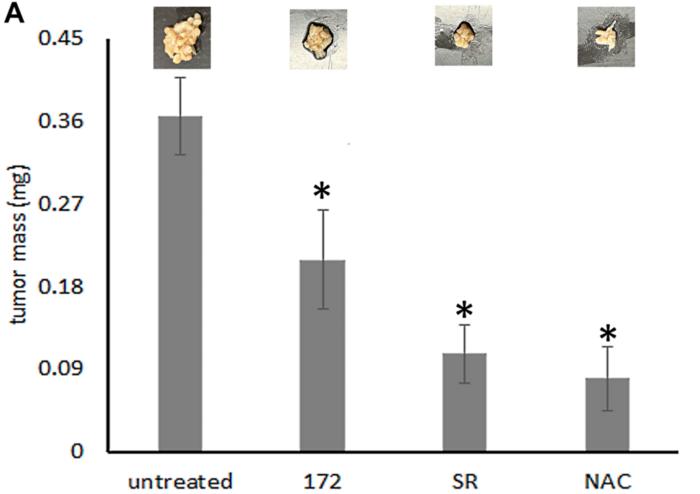“Here, we study the induction of mitochondrial biogenesis by Osteopontin variants in deadherent breast tumor cells.”

Credit: 2023 Fnu and Weber
“Here, we study the induction of mitochondrial biogenesis by Osteopontin variants in deadherent breast tumor cells.”
BUFFALO, NY- December 4, 2023 – A new research paper was published in Oncotarget’s Volume 14 on December 1, 2023, entitled, “Osteopontin induces mitochondrial biogenesis in deadherent cancer cells.”
Metastasizing cells display a unique metabolism, which is very different from the Warburg effect that arises in primary tumors. Over short time frames, oxidative phosphorylation and ATP generation are prominent. Over longer time frames, mitochondrial biogenesis becomes a pronounced feature and aids metastatic success. It has not been known whether or how these two phenomena are connected.
In this new study, researchers Gulimirerouzi Fnu and Georg F. Weber from the University of Cincinnati’s James L. Winkle College of Pharmacy hypothesized that Osteopontin splice variants, which synergize to increase ATP levels in deadherent cells, also increase the mitochondrial mass via the same signaling mechanisms.
“Here, we report that autocrine Osteopontin does indeed stimulate an increase in mitochondrial size, with the splice variant -c being more effective than the full-length form -a.”
Osteopontin-c achieves this via its receptor CD44v, jointly with the upregulation and co-ligation of the chloride-dependent cystine-glutamate transporter SLC7A11. The signaling proceeds through activation of the known mitochondrial biogenesis inducer PGC-1 (which acts as a transcription coactivator). Peroxide is an important intermediate in this cascade, but surprisingly acts upstream of PGC-1 and is likely produced as a consequence of SLC7A11 recruitment and activation. In vivo, suppression of the biogenesis-inducing mechanisms leads to a reduction in disseminated tumor mass.
“This study confirms a functional connection between the short-term oxidative metabolism and the longer-term mitochondrial biogenesis in cancer metastasis – both are induced by Osteopontin-c. The results imply possible mechanisms and targets for treating cancer metastasis.”
Read the full paper: DOI: https://doi.org/10.18632/oncotarget.28540
Correspondence to: Georg F. Weber
Email: [email protected]
Keywords: metastasis, metabolism, anchorage independence, mitochondrial mass, peroxide
About Oncotarget: Oncotarget (a primarily oncology-focused, peer-reviewed, open access journal) aims to maximize research impact through insightful peer-review; eliminate borders between specialties by linking different fields of oncology, cancer research and biomedical sciences; and foster application of basic and clinical science.
To learn more about Oncotarget, visit Oncotarget.com and connect with us on social media:
- X, formerly known as Twitter
- YouTube
- LabTube
- Soundcloud
Sign up for free Altmetric alerts about this article: https://oncotarget.altmetric.com/details/email_updates?id=10.18632%2Foncotarget.28540
Click here to subscribe to Oncotarget publication updates.
For media inquiries, please contact: [email protected].
Oncotarget Journal Office
6666 East Quaker Str., Suite 1A
Orchard Park, NY 14127
Phone: 1-800-922-0957 (option 2)
###
Journal
Oncotarget
DOI
10.18632/oncotarget.28540
Method of Research
Observational study
Subject of Research
Cells
Article Title
Osteopontin induces mitochondrial biogenesis in deadherent cancer cells
Article Publication Date
1-Dec-2023




